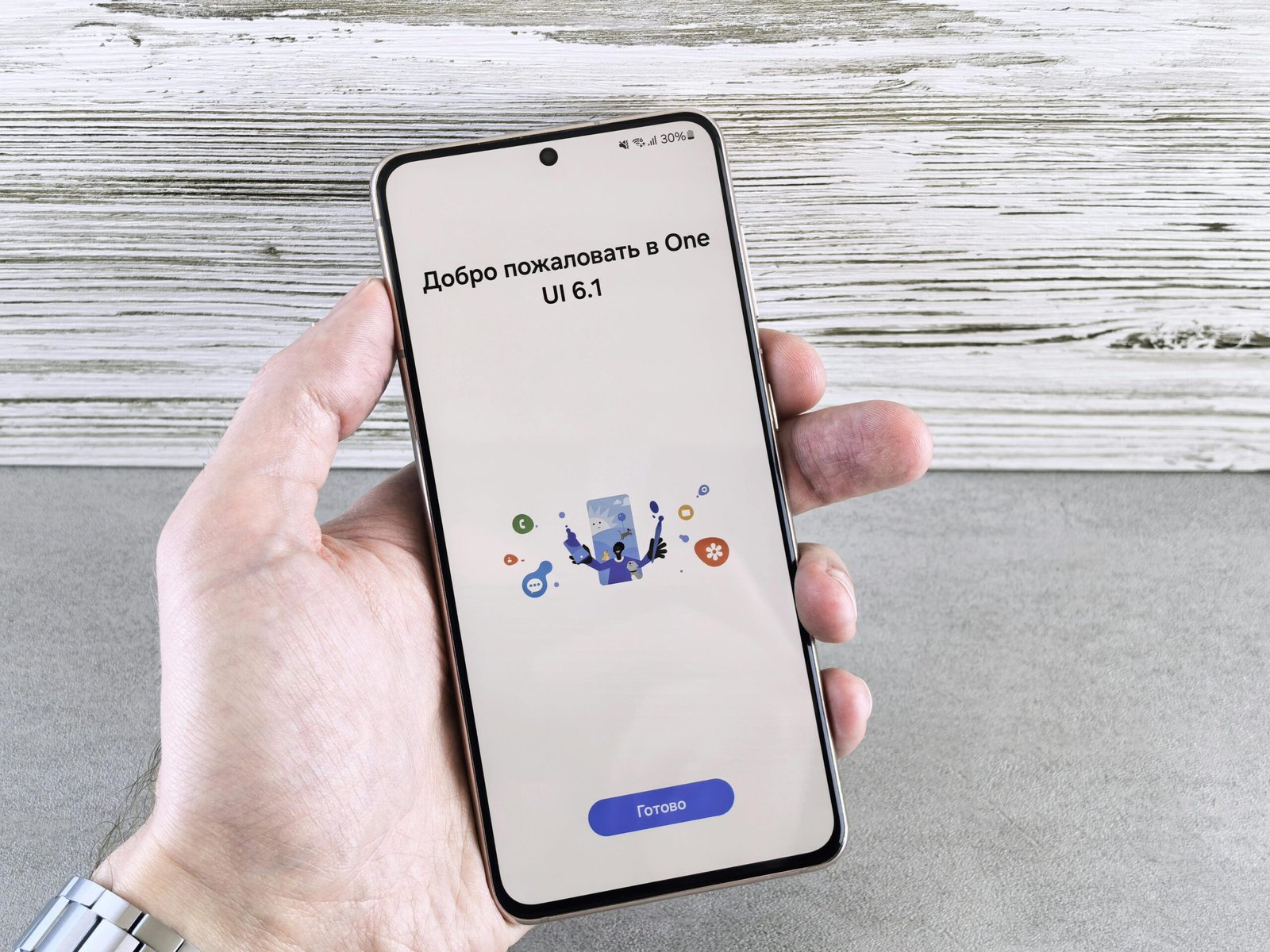Indian Tribunal Lifts WhatsApp Data Sharing Restrictions with Meta
In a landmark ruling on Thursday, an Indian tribunal has temporarily lifted restrictions that would have prevented WhatsApp from sharing user data with its parent company, Meta. This decision marks a significant triumph for Mark Zuckerberg’s social media giant in India, the platform’s largest user base.
The National Company Law Appellate Tribunal (NCLAT) suspended a five-year ban initially imposed by India’s antitrust regulator, which had accused WhatsApp of exploiting its market dominance through its 2021 privacy policy.
Understanding the Context Behind the Ban
With over 700 million monthly users in India, WhatsApp represents a substantial segment of Meta’s global footprint. The Competition Commission of India (CCI) originally determined that WhatsApp’s “take-it-or-leave-it” privacy update was a violation of fair competition practices by mandating users to agree to comprehensive data collection without offering an opt-out alternative.
“WhatsApp’s updated privacy policy constituted an abuse of its dominant position in the market,” stated CCI, emphasizing Meta’s substantial presence in both smartphone messaging apps and online display advertising sectors.
{Competition Commission of India}
The Tribunal’s Recent Decision
While providing temporary relief from the ban, the tribunal has instructed Meta to deposit approximately $12.35 million — half of a larger imposed penalty — within two weeks. The court proceedings are set to continue on March 17.
Justice Ashok Bhushan, leading the tribunal, voiced apprehensions that enforcing the ban could jeopardize WhatsApp’s business model, which offers free messaging services to its users.
Meta’s Argument and Future Prospects
Meta’s legal team contended that upcoming digital privacy laws in India, anticipated to come into force later this year, should oversee such issues rather than existing competition regulations.
- WhatsApp’s requirement for data sharing with Meta affected only Indian users.
- European users have the option to opt out of such data sharing.
- The discrepancy has been a point of contention for regulators.
“We welcome the NCLAT’s decision to grant a partial stay on the CCI’s order. Our focus remains on supporting businesses that rely on our platform while delivering high-quality experiences expected by our users,” said a Meta spokesperson.
{Meta Representative}
The Road Ahead
The core issue began when WhatsApp mandated users to consent to expanded data sharing with Meta platforms or face losing access. While European users enjoy an opt-out option, this is not available for Indian consumers — a distinction that has drawn regulatory scrutiny.
As the tribunal prepares for further hearings, all eyes will be on how India’s forthcoming digital privacy regulations may shape the future dynamics between technology giants and their extensive user bases. The resolution of this case could set pivotal precedents for how data privacy is managed in one of the world’s most populous markets.



